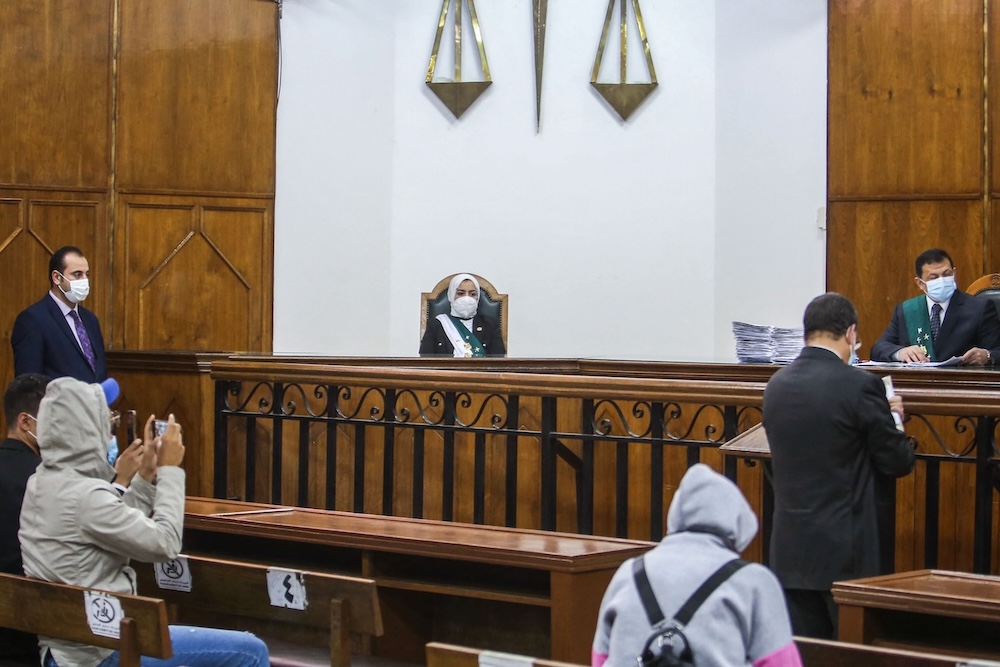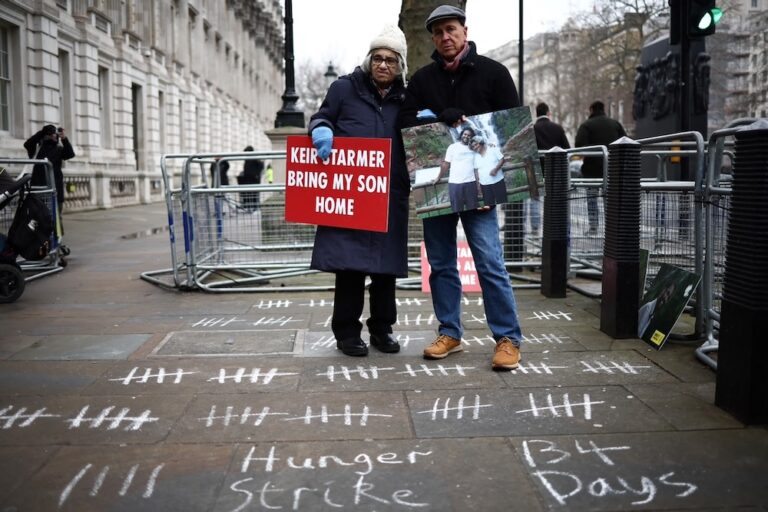The proposed Egyptian criminal code reforms codify repression and shield authorities from accountability under the guise of legality.
This statement was originally published on cihrs.org on 15 December 2024.
Over the past ten years, many Egyptian and international human rights organizations and international actors have urged the Egyptian authorities to put an end to the worst human rights crisis in Egypt’s modern history. Yet the Egyptian authorities continue to deny the crisis and announce deceptive initiatives aimed only at containing international criticism, while maintaining the repressive system constituting the main pillar of governance.
The Parliament’s Constitutional and Legislative Affairs Committee recently submitted a draft of a new Code of Criminal Procedures that indicates the Egyptian authorities’ resistance to reform. The draft proposal of the Code of Criminal Procedures further reflects the authorities’ ongoing efforts to codify ‘exceptional’ measures to tighten their grip and legitimize the squandering of many citizens’ rights. The draft proposes transforming the violations and breaches that extended over the past decade into legitimate ‘legal’ procedures that do not require accountability.
The Cairo Institute for Human Rights Studies (CIHRS) issued a legal commentary reviewing the most pressing issues of the proposed law, and its contravention of the Egyptian constitution and international conventions ratified by Egypt. The law further reflects the extent to which the Egyptian authorities cling to repression as a method of governance and confirms that there has been no retreat from the authoritarian path of the post-July 2013 era.
The proposed reforms to Egypt’s Code of Criminal Procedures represent a disturbing entrenchment of the exceptional measures that have eroded the rule of law over the past decade. Far from addressing systemic abuses, the new draft codifies practices that undermine fair trial guarantees, shield security forces from accountability, and fails to provide guarantees preventing indefinite pretrial detention. These changes are not reforms – they are a blueprint for perpetuating repression under the guise of legality.
AMNA GUELLALI, RESEARCH DIRECTOR AT CIHRS
The legal commentary addressed the proposal’s squandering of all fair trial guarantees and procedures, starting with the charges levelled and the body responsible for investigating them, through investigation procedures, the authorities of the Public Prosecution and officials with power of arrest, the procedures and circumstances of search and arrest, pretrial detention, denial of visitation, extracting confessions and ill-treatment, and finally the trial and appeal of its rulings and decisions. At these aforementioned stages, the proposed law clearly undermines the rights of the accused, the rights of the defense, the rights of witnesses, and the right of citizens to privacy. It further eliminates any opportunity to challenge abuse of power or arbitrariness by investigating bodies, public employees or officials enforcing rulings, granting them additional immunity guaranteeing their impunity for any shortcomings or defects in procedures or violations of citizens’ rights.
CIHRS calls on the Egyptian authorities to withdraw the proposed draft law and work on a new draft law in consultation with all concerned parties and independent human rights organizations, within public and transparent dialogue and procedures. The new law must consider all objections to and criticisms of the current draft that have been issued by various parties.



